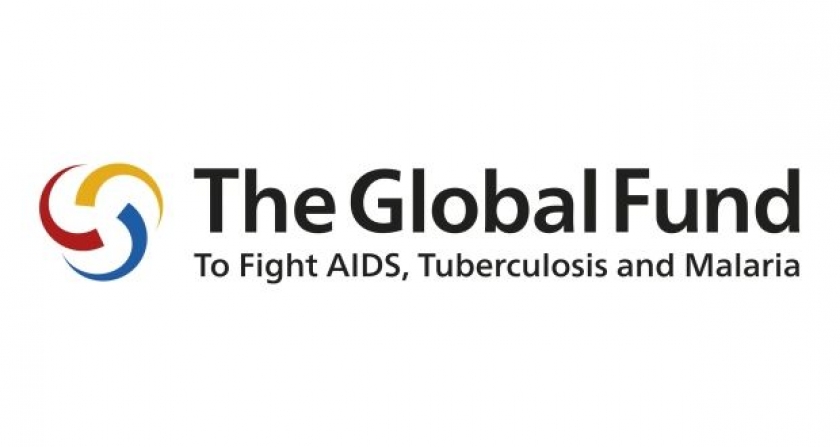By Iyemah David
The Global Fund has reaffirmed its commitment to supporting Nigeria’s efforts to strengthen health financing and achieve Universal Health Coverage (UHC), even as international donor funding faces a sharp decline.
Ms. Maria Kirova, Head of the High Impact Africa Department at the Global Fund, made the pledge on Thursday during the high-level session of the National Health Financing Dialogue, in Abuja.
Ms. Kirova commended the Federal Government for convening the dialogue and for taking bold steps to advance reforms under the Sector-Wide Approach (SWAp).
She described the event as a crucial moment for Nigeria, highlighting its significance in the nation’s health sector reform journey.
She noted that the country continued to face persistent challenges around equitable access to healthcare and the mobilisation of sufficient human, material, and financial resources to sustain improvements in health outcomes.
“On behalf of the Global Fund, I am deeply honoured to join this national dialogue, which is a critical step towards reshaping the future of health financing in Nigeria,” she said.
Kirova acknowledged Nigeria’s leadership in combating HIV, tuberculosis, and malaria.
She also noted that investments in those areas had strengthened both pandemic preparedness and the broader health system.
She highlighted the Global Fund’s support for several initiatives in Nigeria, including health insurance pilots in five states and the installation of oxygen plants and liquid oxygen tanks in more than 60 health facilities.
Other areas of support, she said included upgrades to supply chains and warehouses, digitalisation of the health sector, and primary healthcare revitalisation projects.
She, therefore, cautioned that many of those gains, especially those funded through the COVID-19 Response Mechanism, were at risk of stalling when the mechanism ends in Dec. 2025.
According to her, the Global Fund promotes sustainability in three key ways. One is by requiring government co-financing as a condition for grant support.
“It also uses catalytic funding to unlock greater domestic investments, and collaborates with civil society, the private sector, and communities to design and implement effective national disease responses.”
Kirova expressed optimism that Nigeria’s strong political leadership and the momentum from the dialogue would lead to increased domestic resource mobilisation.
“The Global Fund is proud to be Nigeria’s partner on this transformation journey, and we look forward to working hand-in-hand to build a healthier, stronger Nigeria for all,” she said.
Also speaking at the dialogue, Dr Uche Amaonwu, Nigeria Country Director at the Bill & Melinda Gates Foundation, expressed strong support for Nigeria’s ongoing health financing reforms.
He particularly commended the adoption of the Sector-Wide Approach (SWAp), which aligned the entire health development ecosystem under a single, accountable, and sustainable framework.
Dr Amaonwu stressed that what made the current reforms meaningful was the shift from abstract commitments to concrete and actionable instruments.
He cited examples such as the creation of a capitalisation fund to pool and incentivise collective financing, and the integration of health insurance as a central pillar for long-term sustainability.
He also highlighted the importance of using evidence-based policy analysis, strengthening implementation capacity, and incentivising cross-sector collaboration.
In spite of a challenging fiscal environment, he noted that Nigeria had demonstrated how available talent and resources could be deployed in catalytic ways to drive health sector transformation.
Pledging continued partnership, Amaonwu commended the leadership of the Federal Ministry of Health and development partners for their collective efforts.
“We at the Gates Foundation are encouraged, and we pledge to continue supporting this groundbreaking work. Together, we can convert this momentum into memorable gains for Nigeria,” he said.
The National Health Financing Dialogue, held from September1 to 4 in Abuja, brought together government leaders, development partners, legislators, civil society organisations, and other key stakeholders.
The goal was to explore strategies for sustainable domestic health financing, and to translate high-level political commitments into concrete action plans to advance health system reforms in Nigeria.




